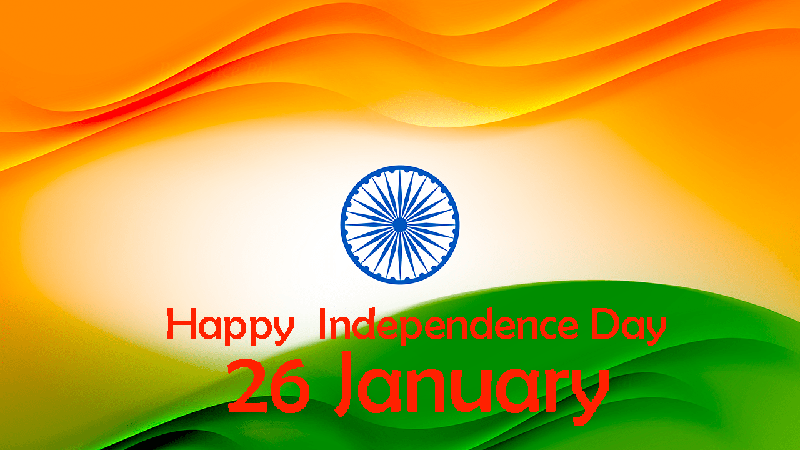Firstly, let’s get into why 26 January is celebrated as Republic Day –
26 January, Republic Day, transcends festivity; it encapsulates the essence of our democratic ethos. The question of “why do we celebrate Republic Day?” finds its anshistorywer in the very fabric of our constitutional legacy. This day signifies the pivotal moment when India’s Constitution became effective in 1950, formally becoming a sovereign, socialist, secular, and democratic republic.
On this day, we pay tribute to the visionaries who tirelessly worked towards crafting a Constitution that would serve as the guiding light for a diverse and pluralistic nation. The Republic Day celebration isn’t just a commemoration; it’s a reaffirmation of the power vested in the people, emphasising their collective responsibility in shaping the nation’s destiny.
- As we get into Republic Day – history, we’re taken back in time to 26, 1950, to a pivotal moment that transformed the nation. This marked the day when India’s Constitution came into effect, signifying a monumental shift from a constitutional monarchy to a republic. This historical development encapsulates the arduous struggles, countless sacrifices, and fervent aspirations of a nation endeavouring to attain his
Learning more about the Republic Day history helps us understand India’s quest for freedom. It symbolises the relentless efforts of those who envisioned a democratic India, where the power resides in the hands of the people. This transition was not just a change in governance but a profound statement of national identity and unity. It sheds light on the significant events that led to this historic milestone. The constitutional framework laid the foundation for the world’s largest democracy, embodying the values of justice, liberty, equality, and fraternity. Republic Day of India stands as a testament to the sacrifices made during the struggle for independence, with each citizen becoming an integral part of the democratic fabric.
The Republic Day of India history is a chronicle that unfolds the narrative of a country that was able to break free from the shackles of colonial rule. It paints a picture of resilience, courage, and the unwavering spirit of the people who believed in the vision of a free, democratic republic. This historical journey isn’t just a page in a textbook; it’s a living testament to the enduring significance of Republic Day.
The Republic Day history signifies not just a change in political structure but a profound transformation that echoes the heart and soul of the nation. The background and significance of Republic Day contribute to the rich tapestry of India’s democratic legacy, reminding us of the sacrifices made and the principles that continue to guide the world’s largest democracy. We hope this helped you understand the history about Republic Day better.

